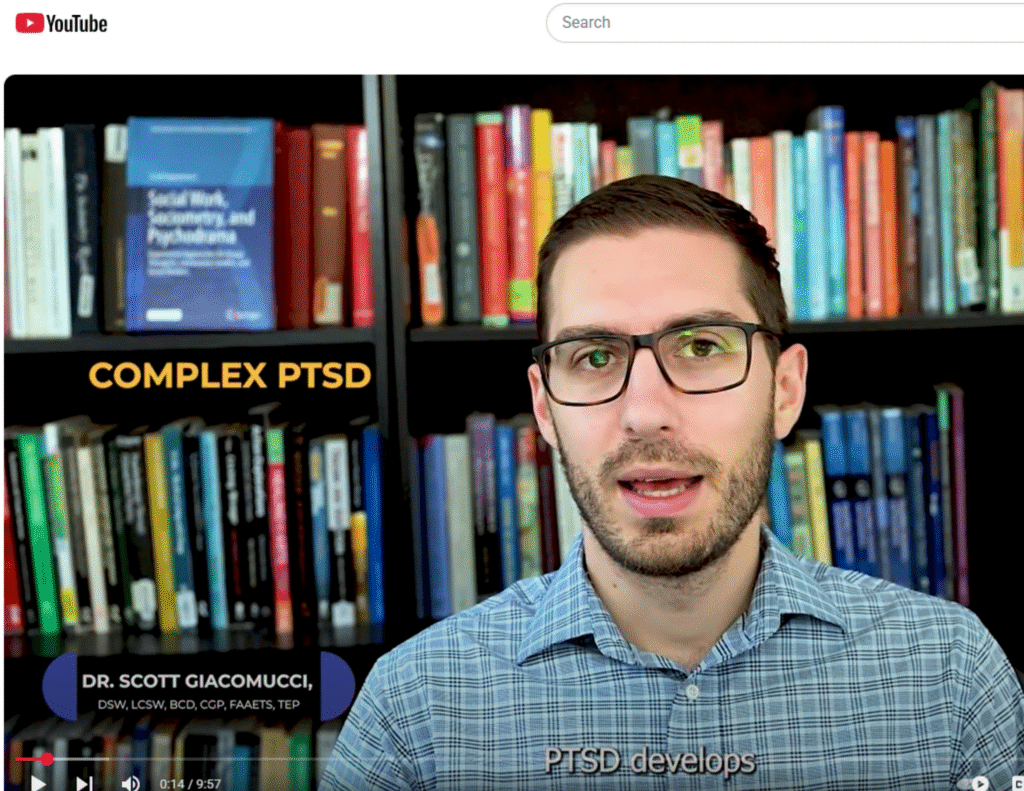SESSION FEE STRUCTURE
We believe in transparency as a core principle of trauma-informed care and in this spirit have created this webpage to provide you with more information about the cost of therapy. Each of our therapists session rates are set based on their experience, licensure, certifications, and skill set. We do our best to match you with the therapist that we assess would be the best fit for you based on your expressed treatment goals, presenting problems, and preferences. In your initial phone call with your therapist, they share with you their standard rates (see below) and discuss sliding scale options if necessary.
*Note – if you and your therapist agreed upon a different rate or sliding scale, that agreement will be honored instead of the rates below which are our updated fee structure
- $200-250 doctorate-level and qualified supervisors (5+ years post-masters)
- $185 licensed therapists (LPC, LCSW, LMFT)
- $160 therapists expected to be fully licensed within the next year and/or those with advanced certifications or specialized training
- $140 pre-license counselors and Licensed Social Workers (LSW)
- $125 counselors-in-training (staff who have completed internship and practicum requirements but have another semester before receiving their masters degree)
- $95 graduate interns (with large sliding scale when needed)
Initial Steps
Your therapist will review their session fee with you in your initial phone consultation and again in your initial session when reviewing intake paperwork. If you are unclear about the Good Faith Estimate provided or what your therapist’s fee is, please let us know so we can clarify (more info on the No Surprises Act and your rights related to medical billing). It is important to also understand that therapy fees occasionally increase based on inflation, therapists’ new certifications, licenses, or career milestones. You will be notified about any planned fee increases at least a month before their effect date and always have the option of asking for a sliding scale.
We regularly re-evaluate the expected length and frequency of services based on new information, new presenting problems, and increases/decreases in symptoms. You can ask your treating therapist at any time to re-evaluate your expected length and frequency of care. We invite you to contact us and/or discuss with your treating therapist any uncertainties, discrepancies, or disputes related to the cost of your care.
SO WHY DOES THERAPY COST SO MUCH?

You may be wondering why the costs of an hour of therapy can be as high as $250/session. We hope to shed some light and insight into the unseen costs and labor that goes into providing a therapy session. Our clients who are financially able to afford our full fees help allow us to offer more generous sliding scales for those who can’t afford the full fee. While the fee is for the therapy hour, your therapist spends time outside of that hour preparing for your time together, reflecting on how to best help you, obtaining supervision/consultation/training, completing documentation, and engaging in their own self-care so they can be fully available for you.
Our rates are comparable (and even lower) than many other similar private pay therapy centers in the area. If you were to visit a specialized doctor, you’d expect to pay more than your visits to your general practitioner. Similarly, we offer specialized trauma therapy services rather than general therapy practice. In order to become specialists, our therapists have engaged in advanced and intensive training, supervision, and consultation beyond the minimal requirements for licensure.
Many of our team members have invested over $100,000-200,000 in their education, $5,000-15,000 to initially fulfill state license requirements, and another $10,000-100,000 in their advanced training/certification programs. Furthermore each year we must pay individual certification and license renewal fees, professional membership fees, liability insurance fees, and obtain hours of continuing education to maintain our licenses and certifications.
Additional Expenses
Beyond the cost of becoming a therapist, the Phoenix Center also has expenses that support the team while providing a structure and container for sessions to take place. Center expenses including employee benefits, office rent (office space in Media isn’t cheap!), supervision costs, admin staff salaries, office supplies, furniture, medical record systems, utilities, organizational infrastructure, website/email, advertising, insurance, multiple types of consultation (legal, business, tax, clinical, and educational), tax payments, and the time invested by the center’s leadership.
Generally speaking, we believe that therapists are underpaid and devalued in our field (especially when comparing the costs of education/training to other fields). We have intentionally chosen to pay our therapists higher rates than normal in our field. This is an additional expense to the center which contributes to the overall cost of sessions. In thinking about the business side of therapy, we are trying to find a balance between client accessibility, therapist’s payment for their time, and the center’s costs of being in business.
Finally, we have no third-party funding at the center – all of our income comes directly from clients fees (or registrations for attending our events). We do not receive any grants, funding, donations, or reimbursements for our work (except in rare instances when the client secures it for themselves). This means that the cost of your sessions needs to cover all of our operating costs and business expenses.
WHY DON’T YOU TAKE INSURANCE?

Most of us started our careers in insurance-based treatment centers. Dr. Scott’s early experience was that working with insurance meant spending more time preparing documentation for the insurance and arguing with them to pay for sessions than actually working with the client at times. The center was initially founded to avoid working with insurance so that therapists can focus on what we do best – therapy. We have intentionally chosen not to work with insurance due to the flaws and inefficiencies in our insurance system. Our experience has been that working with insurance requires us to spend hours arguing and trying to convince the insurance to continue paying for treatment.
When insurance is paying, they dictate the nature and course of care rather than the actual treatment provider directing treatment. Many insurance-based providers have to hire staff (or entire departments) dedicated to managing insurance claims and insurance authorizations which adds another significant operating expense. When working with insurance, they also dictate the rate of reimbursement which we do not believe recognizes our specialization or our worth. The norm in our field is to expect therapists, counselors, and social workers to be underpaid and overworked. We refuse to operate within this framework as it devalues our profession, contributes to burnout, and significantly reduces the effectiveness, autonomy, and joy of our therapists.
We understand that our fees are not accessible for everyone and that there are limits to the way our center is financially structured. There are both benefits and limitations to being structured as a non-profit, as an insurance-based center, and/or as a private pay center. We recognize that many prospective clients have no option but to access services that are in-network with their insurance provider or funded through non-profit grants. In an attempt to offer more accessible options, we provide sliding scales, employ a team with varied fees, and have created a low-cost trauma therapy program. We are also happy to provide referrals to other organizations that accept insurance.
ACCESSIBILITY, FINANCIAL JUSTICE, AND BUSINESS ETHICS

We strive to understand and recognize how the impacts of social inequality, structural violence, oppression, racism, and historic trauma manifest in the financial inequalities between individuals today. It is important to us that we offer options that help make our services financially accessible, particularly for communities who are often underserved and limited in accessibility to high-quality psychotherapy options. Here are some of the ways that we help reduce the overall cost of your sessions:
- Provide “superbills” that you can submit to your insurance requesting reimbursement
- Accept payments for services from Health Savings Accounts (HSA)
- All of our team members offer sliding scales from their full fee
- Employ a diverse team with tiered fee structure that varies based on credentialing
- Host multiple graduate interns each year who offer low-cost trauma therapy
- Offer free community groups/workshops for specific communities
- We also have some clients who qualify for funding based on their unique situation (PA Victims Assistance Fund; Archdiocese fund; etc); in these cases we coordinate with the funder to ensure accessibility.
Please view our Frequently Asked Questions Page or reach out to us if you have any questions about the above options. For any clients with insurance coverage, it is usually worth considering to submit superbills to reimbursement as you can often recuperate a large portion of the session costs. However, this will depend on your insurance provider, policy, and deductible. If the cost of our services is prohibitive to you, we really encourage you to let us know and ask for a sliding scale. All of our team members have sliding scale options and can work with a set number of clients at lower rates than posted.
We have also been very conscious about the structure of our team in that we try to have staff and interns with openings for new clients at multiple different fee levels to provide more financial flexibility. We encourage you to discuss your current financial situation with our intake coordinator or with your therapist so that we can let you know what options may be available for you and ensure you have access to services. If we are unable to accommodate you due to financial/logistic limitations, we will provide you with other resources to help you access care.
Resources
Beyond our own center, we also offer low-cost and free resources, support, training, and consultation to others within our local community and internationally. Our website includes multiple free educational resources, articles, and handouts that provide information regarding trauma therapy. Similarly, our YouTube channel offers several dozen educational videos for clients and professionals. Dr. Scott’s recent book, Social Work, Sociometry, & Psychodrama, was published open-access making the ebook freely available (over 100,000 have downloaded it as of Jan 2022).
In terms of training, each year we collectively provide continuing education and training to over 1000 professionals around the world. Dr. Scott regularly offers free webinars or trainings to help educate other therapists and leaders on trauma, addiction, mental health, and experiential therapies. Furthermore, as pre-approved providers of continuing education credits, we often leverage our provider status to offer free or low-cost CE hours/certificates for events hosted by other organizations/trainers, especially events where the primary goal is to enhance the quality of services for oppressed/marginalized communities.
Transparency

In transparency, we often feel ambivalent and conflicted about the business side of therapy. We understand that without money and a healthy business, we could be forced to close our center and wouldn’t be able to help anyone. Sometimes the financial aspect of maintaining a therapy practice prevents us from helping everyone that we wish we could. We frequently make financial sacrifices or compromises so that we can help reach more clients and educate more professionals. None of us chose to study counseling or social work for the money; our primary goal has always been to be of service to those who are suffering.
As a practice built with the guidance of the social work code of ethics, we value social justice, integrity, service, competence, relationship, and the dignity/worth of each person. We strive to always place ethics above profit and it is one of our greatest honors to be recognized by others as an especially ethical treatment center – in fact, it has been one of the primary reasons that some of our therapists choose to join our team!



